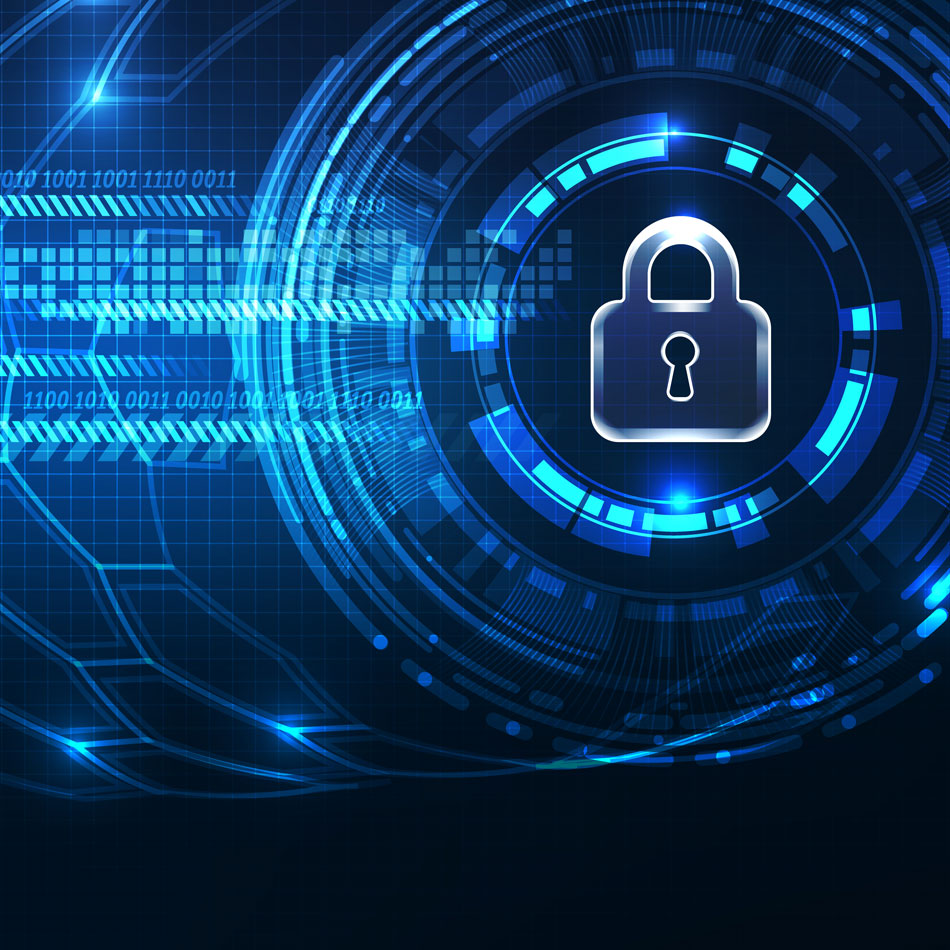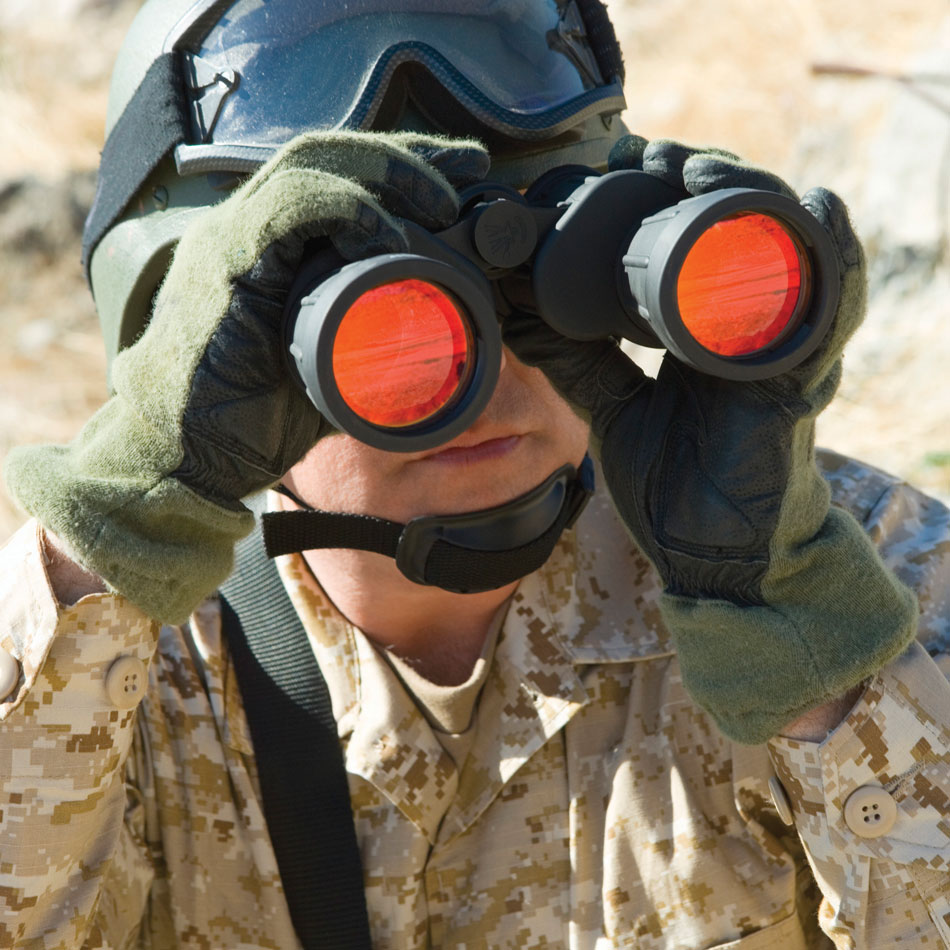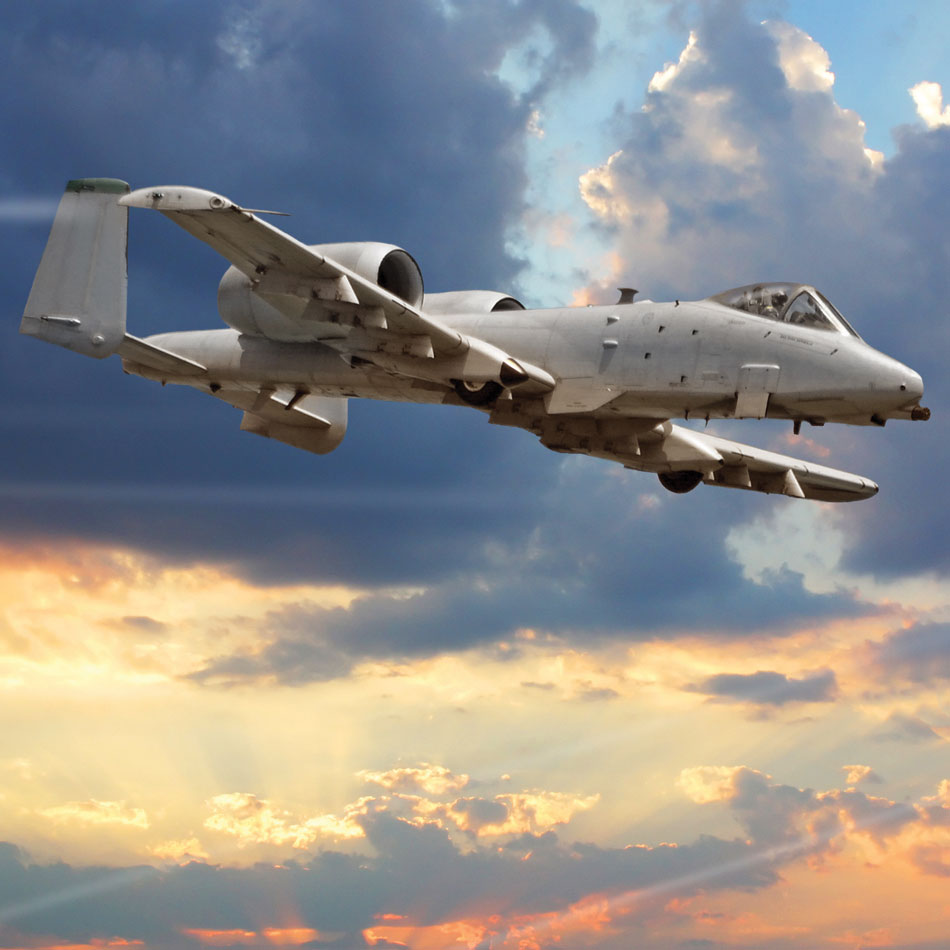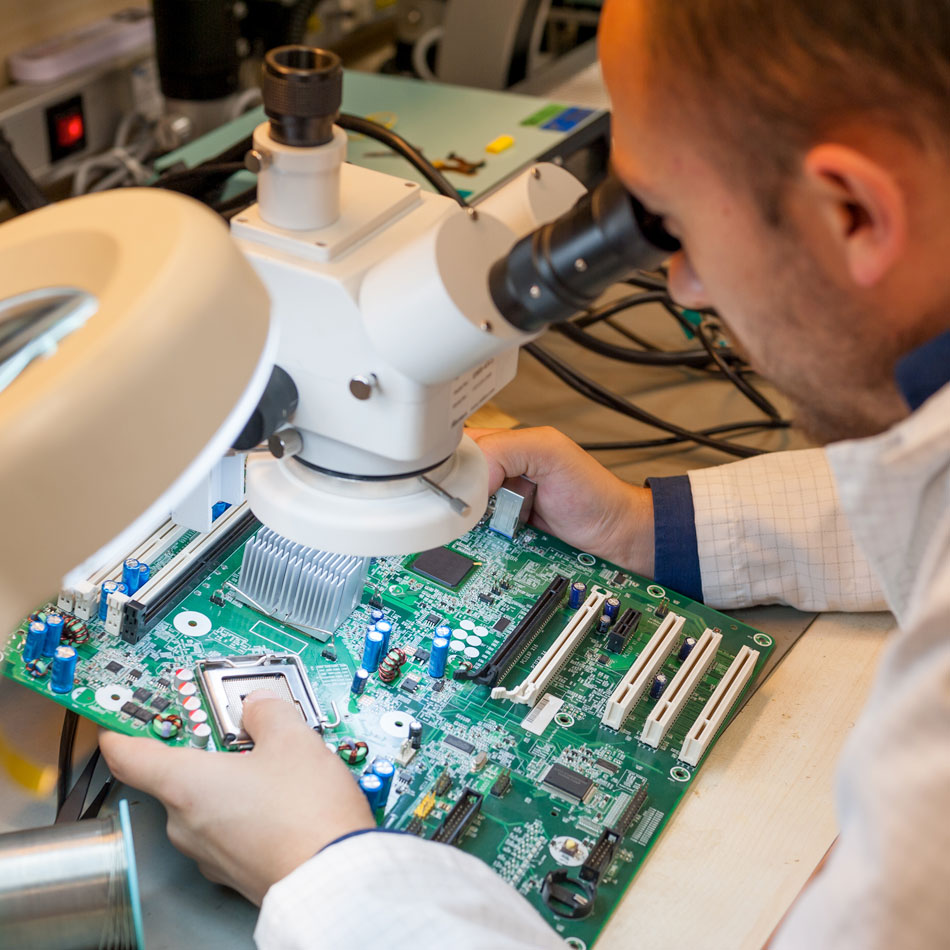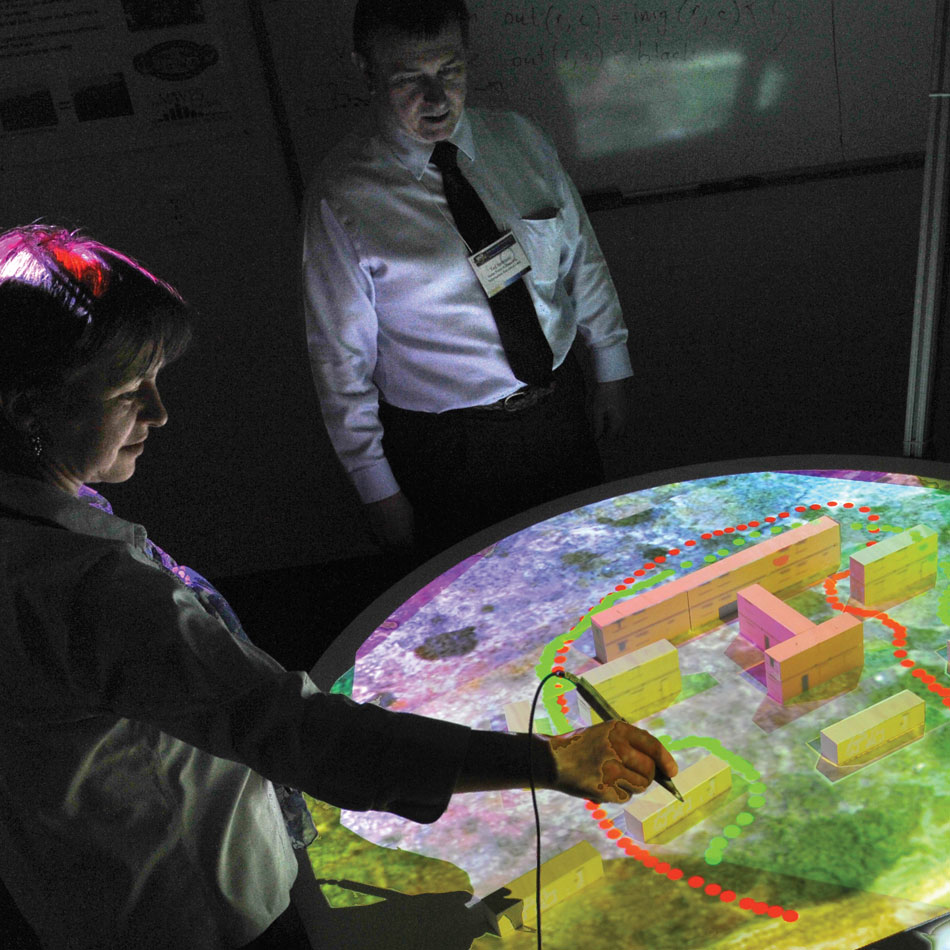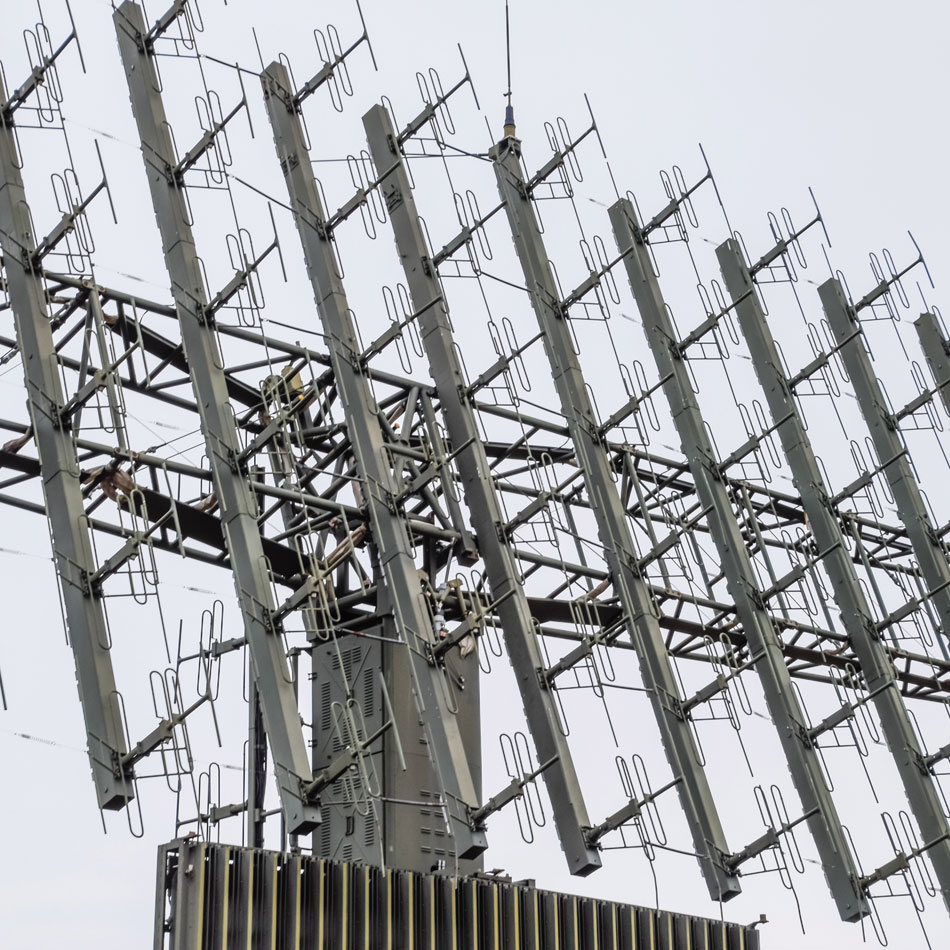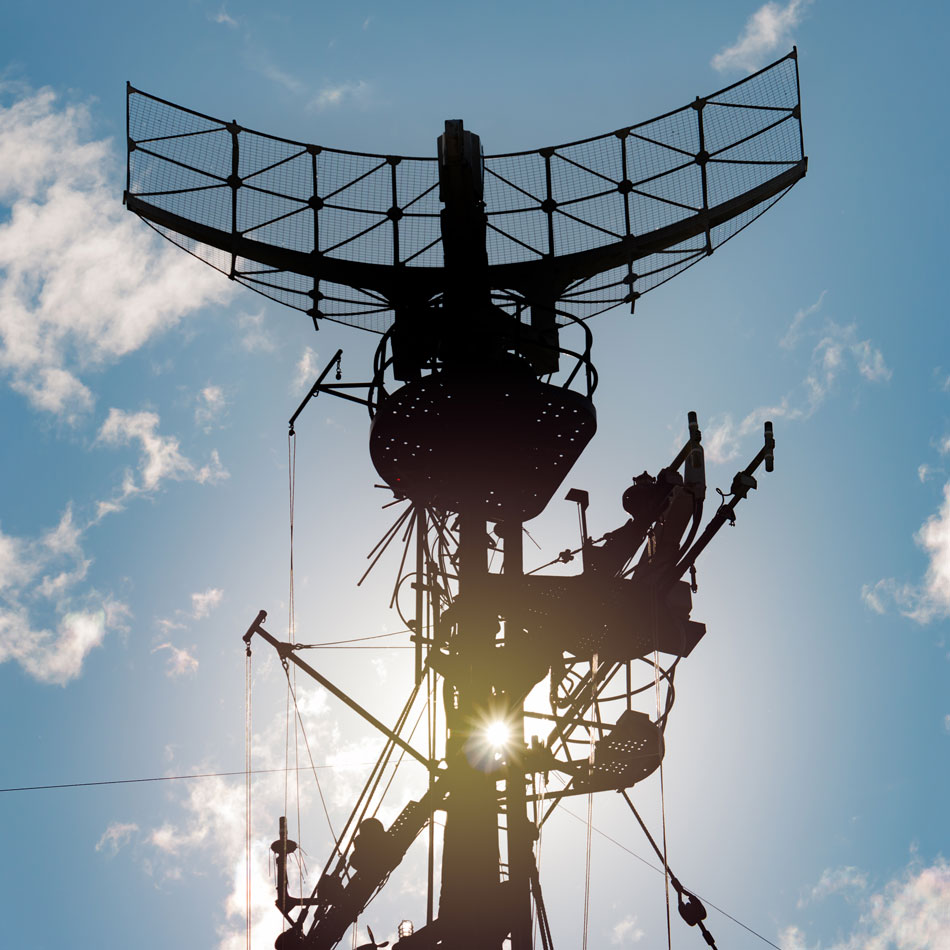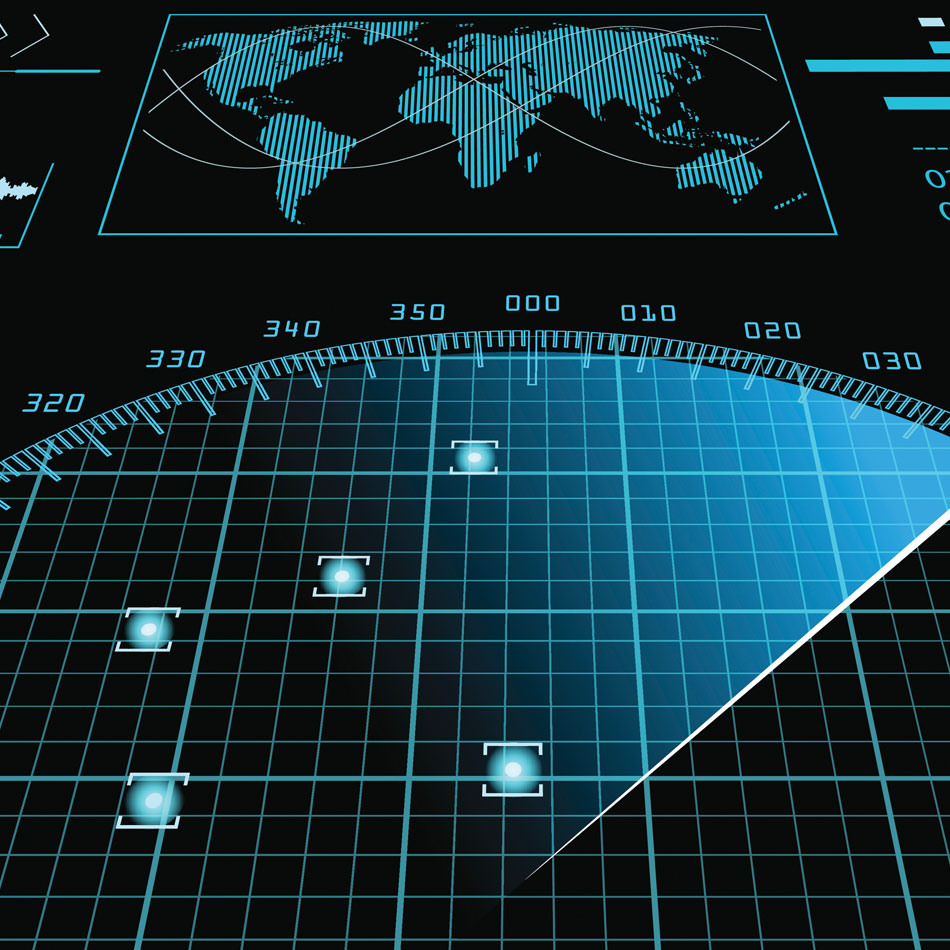Sensor & Data Fusion Certificate
- Overview
- Program Requirements
- Why Choose a Certificate?
Delivery Method
ClassroomProgram Administrator
Contact for program-related questions Michael Cathcart, Ph.D.Sensor & Data Fusion Certificate
Nowadays seconds can be the difference between success and disaster. With our Sensor & Data Fusion Certificate you'll earn how bring together data from multiple sensors and have them automatically filtered, aggregated and extracted so you can interpret them with the speed and precision required to get the job done. No matter whether your application is military or industrial, adroitly sensoring and fusing data is paramount to prevailing in our accelerated world.
Program Requirements
Certificate Requirements
- Effective January 2015, courses can only be applied to one certificate. If a core course for a certificate has already been applied to a previously-awarded certificate, then an additional elective must be taken.
- Certificates must be completed within 6 years; courses completed more than 6 years ago may not be applied toward certificate.
- All courses applied to a certificate program must be taken from Georgia Tech.
- This certificate does not require an application.
How it works
Your path to achievement is easy! Most certificate courses are offered in classroom locations around the U.S. You can also inquire about training at your location.
Cost
- Course load determines the cost of a certificate program.
- Calculate your total by identifying the courses needed and tallying individual course fees. Some programs offer discounts for course bundling.
Registration
- Select a certificate program, review the requirements, and determine your timeline for completion.
- Add courses to your shopping cart for purchase as you are ready to take them, or as a bundle if desired.
- Proceed to checkout to complete your registration. We accept multiple forms of payment including credit card, purchase order, and a private loan (upon request).
Completion
- Certificates must be completed within six years.
- After successful completion of most individual courses, a Certificate of Course Completion will be sent.
- After successful completion of all required courses, request a transcript and program certificate audit.
- Upon verification, GTPE will email your transcript and mail your Certificate of Program Completion. Some programs host a certificate award ceremony during the final course.
Once you earn your Georgia Tech Program Certificate, tout your success on your resume and LinkedIn profile, share with your employer, and celebrate an important career growth achievement!
Why Choose a Certificate?
Professional Certificates are ideal for developing new skills and building deep expertise in a specialized area to update your professional profile, advance your career, or broaden your knowledge base.
Certificates are an “anytime” credential
Start anytime - after graduation or later in your career - and gain deeper know-how in a specific area without the commitment to a degree.
Certificates demonstrate commitment
The dedication of time to earn a certificate demonstrates that you are committed to achieving a higher standard of professional knowledge in your industry.
Certificates provide immediate “ROE”
Georgia Tech learners master real-world skills and apply them to their career the day after completion.
Certificates stand out on your resume
A Georgia Tech credential carries the professional weight to give you a competitive edge.
Who Should Attend
This certificate is designed for military, intelligence, homeland security, and industry personnel who evaluate data. Scientists, software and systems engineers as well as project managers will also find this certificate highly beneficial.

How You Will Benefit
- Understand how to identify the principal components of data fusion systems and select the right systems for your mission.
- Apply cutting-edge tools and techniques for multi-sensor integration, identification, target tracking as well as situational and threat assessment.
- Assemble and effectively manage information from a variety of sources.
- Increase the productivity of yourself and your team to gain a competitive edge in your industry.
- Establish and deepen contacts with peers and others throughout industry and government.
- Earn a recognized industry credential.
-
Grow Your Professional Network
-
Taught by Experts in the Field
Course Offerings
Accurate and efficient management of information on the battlefield is vital for successful military operations. The process of automatically filtering, aggregating, and extracting the desired information from multiple sensors and sources, and integrating and interpreting data is an emerging…
View Course Details »There are no sessions scheduled at this time. Please check again later.
Opto-mechanical design brings together the many components required to build optical, electro-optical and infrared hardware. This is the part of the engineering cycle where all design concepts are expected to be resolved into real-world components that can be either bought or built. To prepare…
View Course Details »There are no sessions scheduled at this time. Please check again later.
Inertial stabilization, pointing, and tracking systems are designed to control the line-of-sight of an ever-increasing array of sensors, weapons, and other payloads of all sizes used in scientific, military, or commercial endeavors. Typical system configurations range from simple and almost…
View Course Details »There are no sessions scheduled at this time. Please check again later.
This course provides learners with an understanding of concepts related to the collection and analysis of radar signals. Topics include an overview of the collection process, collection system architectures, tactical actions, and analysis of radar signals. You'll gain an understanding of key…
View Course Details »There are no sessions scheduled at this time. Please check again later.
Get well-acquainted with the basics of electro-optical/infrared systems (EO-IR) sensor and system design and the uses of this technology across various applications through this introductory course. From requirements flow down to hardware testing, all of the elements of an EO-IR sensor/system…
View Course Details »-
Feb 24, 2026 - Feb 26, 2026Register By Feb 19, 2026Atlanta, GA$2,195
-
Jun 2, 2026 - Jun 4, 2026Register By Mar 18, 2026Las Vegas, NV$2,195
While the content of this class may be explosive, you'll gain a very calm, methodical approach to chemical, biological, and explosive (CBE) detection to take into the field. Learn about CBE identification techniques that are commonly utilized for military and civil applications. You will also…
View Course Details »There are no sessions scheduled at this time. Please check again later.
Data analysis in Electromagnetic Warfare (EW) depends on a set of skills and tools with an understanding of EW-specific challenges. Assuming no prior knowledge, this course begins with basic analytical methods and strategies for reading and plotting data, and proceeds to more advanced…
View Course Details »There are no sessions scheduled at this time. Please check again later.
In this course, learn a modern treatment of geometrical and image-forming optics, including cardinal points, marginal and chief rays, stops and pupils, F/# and field of view, paraxial raytracing, real raytracing, paraxial radiometry for flux transfer calculations, Seidel aberration…
View Course Details »There are no sessions scheduled at this time. Please check again later.
Multispectral and hyperspectral imaging techniques represent methods of remote imaging spectroscopy that rely on natural radiation sources in an uncontrolled environment. This course explores remote spectral-sensing techniques and examines significant technical issues associated with…
View Course Details »There are no sessions scheduled at this time. Please check again later.
Build upon your foundational knowledge of missile design and system engineering. In this course, you will identify key considerations, including the broad range of alternatives in meeting performance, cost risk, and other measures of merit requirements such as robustness, lethality, guidance,…
View Course Details »There are no sessions scheduled at this time. Please check again later.
In this course, you will develop the techniques of modeling and simulation for modern electro-optical and infrared (EO/IR) systems. Learn modeling techniques to sensor systems design, analysis, test and evaluation, and performance assessment. Plus, cover basic EO/IR physics principles,…
View Course Details »There are no sessions scheduled at this time. Please check again later.
Get better acoustics. In the Battlefield Acoustics Signal Processing course, you will learn the basic physical principles underlying the propagation of acoustic signals in the atmosphere. These environmental factors influence sound near the ground and typical sources of noise that degrade the…
View Course Details »There are no sessions scheduled at this time. Please check again later.
Looking for an introduction to the increasingly important field of Signals Intelligence (SIGINT)? In this course you will learn how the performance of a SIGINT system is impacted by algorithm selection, hardware architecture, propagation effects, and emitter characteristics. Traditional and…
View Course Details »-
Mar 3, 2026 - Mar 4, 2026Register By Dec 17, 2025Denver, CO$1,500
-
May 12, 2026 - May 13, 2026Register By Apr 28, 2026Atlanta, GA$1,500
In many organizations, sensor fusion is not a traditional, established professional specialization or competency. This course provides the background needed to jump-start an effective sensor-fusion development team. Sensor data fusion is a critical and complex enabler that supports advanced…
View Course Details »There are no sessions scheduled at this time. Please check again later.
The following courses are no longer offered but still apply if completed within the six-year rule:
- Hyperspectral Imaging (DEF 3003P)
- Image Fusion (DEF 8103P)
- Imagery Exploitation (DEF 8107P)
Related Certificates



